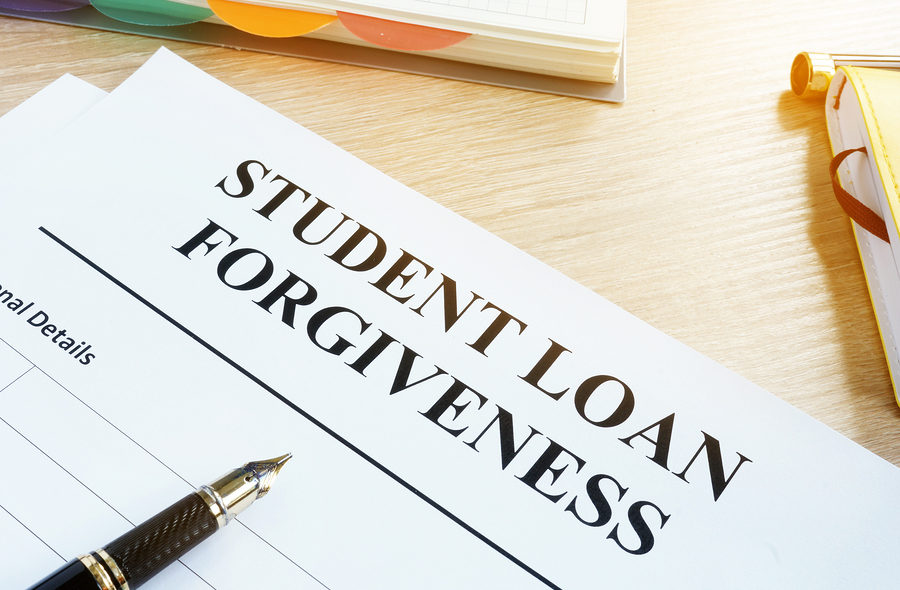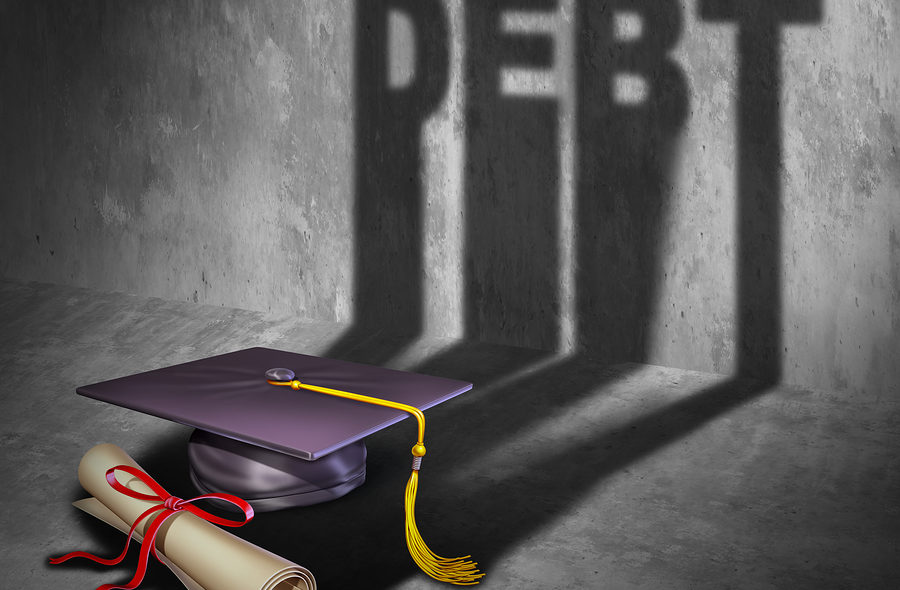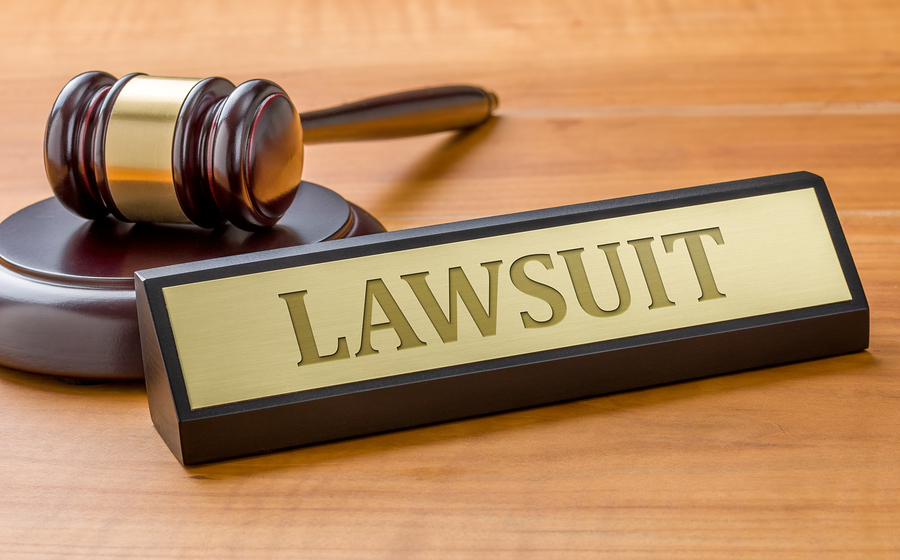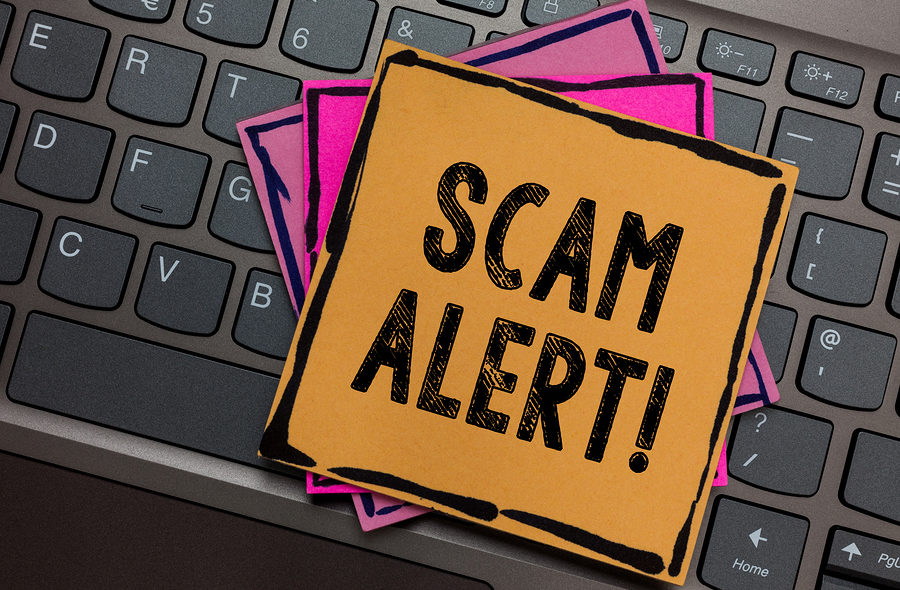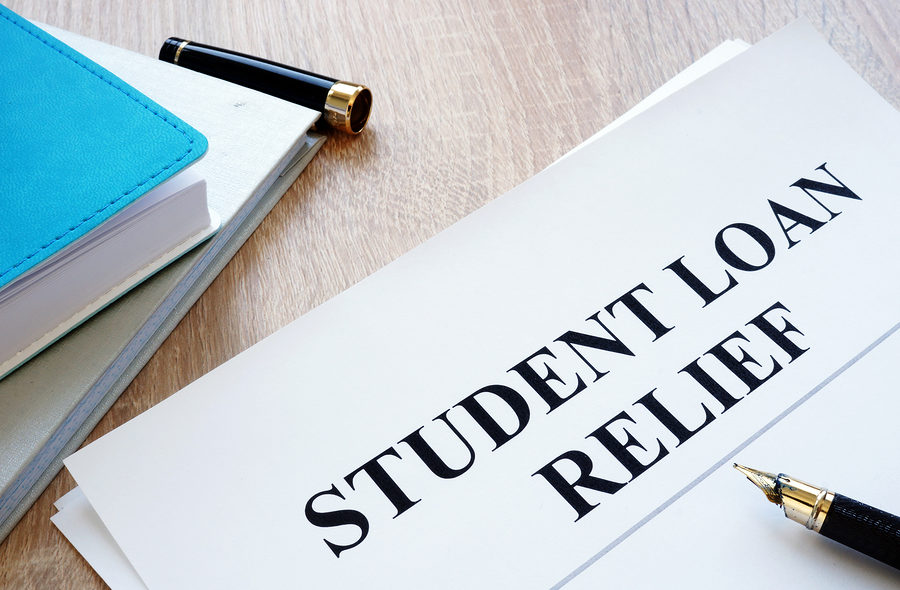A senior official appointed by U.S. Department of Education Secretary Betsy DeVos has resigned, declaring the student loan system to be “fundamentally broken” and calling for the forgiveness of billions of dollars of student loan debt.
The official, A. Wayne Johnson, was appointed as the Chief Operating Officer of the Department of Education’s Office of Federal Student Aid. This office manages the country’s outstanding student loan debt, which stands at an estimated $1.6 trillion. During his tenure, Johnson worked in a role specifically dealing with managing how student loans are serviced.

